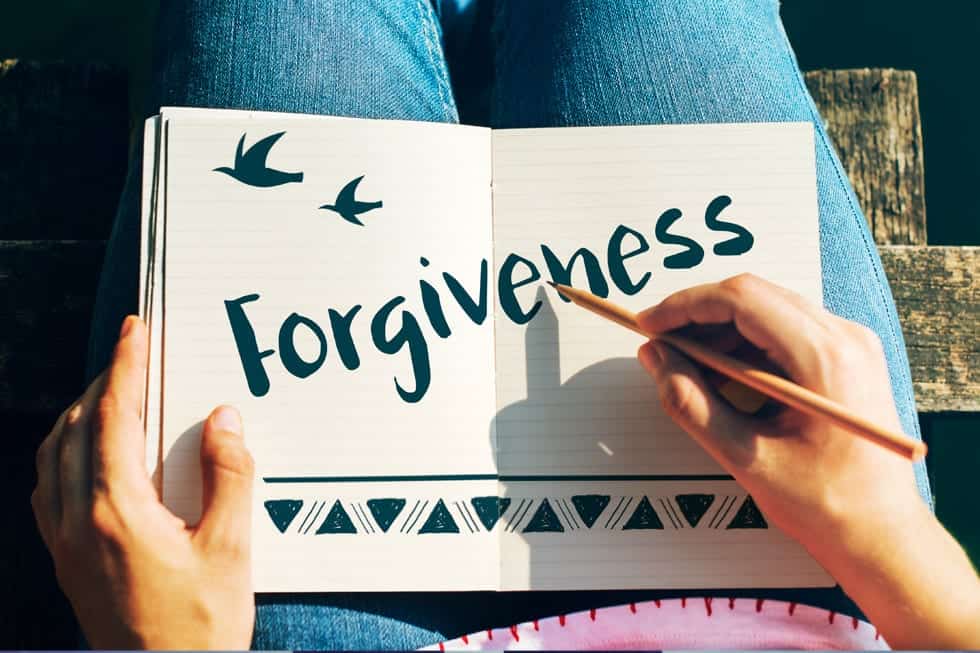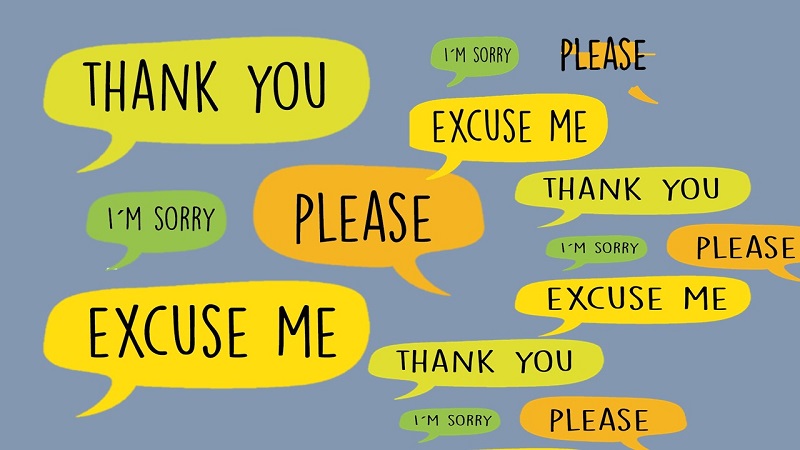The Power of Forgiveness in Families and Marriage
 Forgiveness
Forgiveness
In every family and marriage, conflict is inevitable. We are all imperfect, and misunderstandings, hurtful words, or actions can strain our closest relationships. However, what often distinguishes healthy, lasting relationships from fractured ones is forgiveness.
Forgiveness is not about excusing bad behavior or forgetting what happened. Instead, it’s a conscious decision to let go of resentment and offer grace. It is a powerful tool that can heal wounds, foster deeper connections, and create a strong foundation for a healthy, loving family or marriage.
Why Forgiveness Matters
- Promotes Healing and Emotional Health
Holding onto grudges and anger can be emotionally draining. It leads to stress, anxiety, and even physical health problems like headaches, high blood pressure, or digestive issues. By forgiving, we release this burden, creating space for healing and peace. In marriages, this can help partners reconnect emotionally and restore a sense of unity. - Strengthens Relationships
No relationship is free from mistakes. In a marriage, for instance, partners may unintentionally hurt each other through words or actions. When forgiveness becomes a regular part of the relationship, it allows both partners to learn from their mistakes, rebuild trust, and strengthen their bond. - Teaches Valuable Lessons to Children
In a family setting, children observe and learn from how their parents handle conflicts. When they see their parents forgive each other and resolve issues calmly, it sets an example. It teaches them the value of empathy, humility, and the importance of mending relationships rather than holding grudges.
The Challenges of Forgiveness
While forgiveness is essential, it can be incredibly challenging. The pain caused by a family member or spouse can feel personal and deep. Some common barriers include:
- Pride and Ego: Admitting that we are hurt or that we need to forgive can be difficult, especially when our pride gets in the way.
- Fear of Repetition: There might be a fear that forgiving someone will give them the freedom to hurt us again.
- Desire for Justice: Sometimes, we may hold onto grudges because we feel the other person does not deserve forgiveness until they have paid for their mistake.
Acknowledging these barriers is a crucial first step in the journey of forgiveness.
How to Practice Forgiveness in Families and Marriages
- Acknowledge the Hurt
It’s essential to recognize and acknowledge your feelings rather than suppress them. Allow yourself to feel the pain and disappointment, but do not let it consume you. Understanding what hurt you and why is the first step toward healing. - Communicate Openly
Honest communication is key. Express your feelings to the other person without blaming or shaming them. Use “I” statements, such as “I felt hurt when you said this,” instead of “You always hurt me,” which can lead to defensiveness. - Seek Understanding
Try to understand the other person’s perspective. What might have caused them to act the way they did? Understanding does not excuse their behavior but can provide context and make it easier to empathize. - Make the Choice to Forgive
Forgiveness is a conscious decision. It’s about choosing to let go of the resentment even if you don’t feel ready. The emotions may take time to catch up with the decision, but making that choice is the first step in moving forward. - Set Boundaries if Needed
In some cases, especially if the hurtful behavior is repeated, it might be necessary to set clear boundaries to protect yourself. Forgiving does not mean allowing someone to continue hurting you. It’s about freeing yourself from the grip of anger and resentment. - Practice Self-Forgiveness
In marriages, it’s not uncommon to hold onto guilt for things we’ve said or done. Self-forgiveness is an essential part of the process. Acknowledge your mistakes, make amends if possible, and then let go of the guilt. Holding onto self-blame can damage your self-esteem and affect your relationship negatively. - Seek Professional Help if Necessary
In some cases, the hurt may be too deep to navigate on your own. Seeking the help of a therapist or counselor can provide a safe space to work through the pain and develop strategies for forgiveness.
The Role of Forgiveness in Long-Term Happiness
Forgiveness is a critical component of long-term happiness and fulfillment in families and marriages. Here’s why:
- Increases Intimacy: By forgiving, we remove barriers that prevent us from being vulnerable and emotionally intimate with our partner or family members.
- Builds Trust: Trust is often broken when a hurtful event occurs. However, the act of forgiving and being forgiven helps rebuild and reinforce this trust, making the relationship more resilient.
- Reduces Stress and Anxiety: Letting go of grudges reduces emotional and mental stress, allowing for a more peaceful and happier state of mind.
- Promotes Growth: Working through conflicts and learning to forgive teaches valuable lessons that help the relationship grow stronger over time.
Real-Life Examples of Forgiveness
Consider a couple that has faced a major betrayal, such as infidelity. This is one of the most challenging scenarios where forgiveness is required. However, many couples have chosen to work through the pain with counseling and open communication. While it is not easy, the act of forgiving and rebuilding can lead to a stronger, more honest relationship.
In a family context, imagine siblings who have had a falling out over inheritance or family matters. The rift may last for years, but when one decides to take the step of forgiveness and reach out, it can mend years of hurt and restore family bonds.
Conclusion
Forgiveness is not a one-time act but a continuous practice. It requires patience, empathy, and sometimes a lot of effort. However, the rewards are immense. By forgiving, we free ourselves from the chains of resentment and open the door to healing, love, and a deeper connection.
In families and marriages, where emotions run high and the stakes are personal, the ability to forgive can be the difference between a relationship that breaks under pressure and one that emerges stronger than ever. Remember, forgiving does not mean forgetting the hurt; it means choosing to move forward and allowing love to be the guiding force in your relationship.
Share this content:





















Post Comment